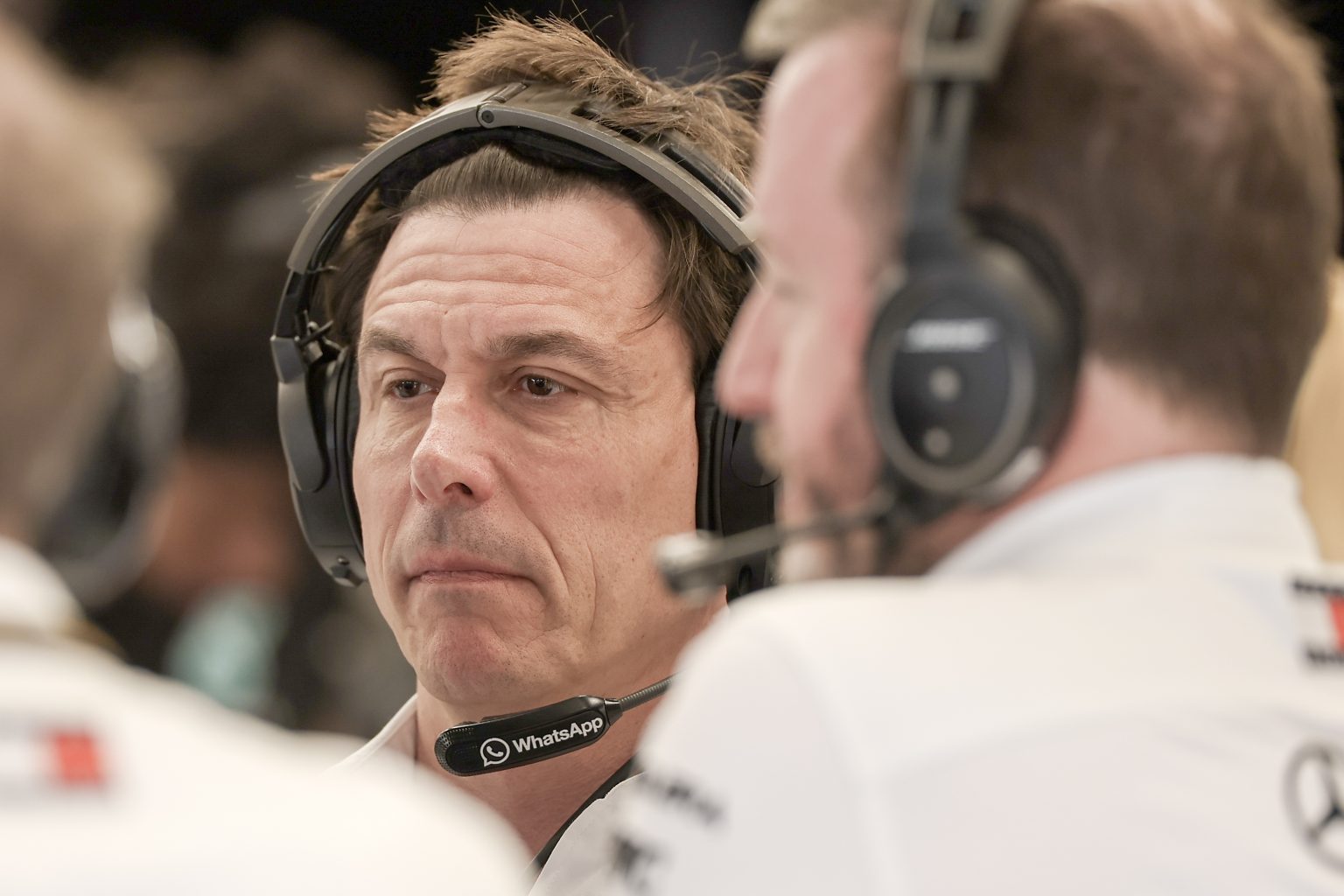Since the change in regulations in 2022, the Mercedes Formula 1 team has faced significant challenges in adapting to the new ground effect aerodynamics. Team chief Toto Wolff has acknowledged that the team has struggled to find success with their innovative approaches, such as the ‘zeropod’ concept, and has fallen behind competitors like Red Bull. Despite these setbacks, Wolff maintains a long-term strategic view, emphasizing the importance of focusing on a broader narrative of rebuilding and recalibration rather than immediate race season success. In light of the difficulties faced in transitioning to the new regulations, Wolff has tempered short-term expectations for the team and highlighted the need for a sustained effort to improve performance over time.
The team’s introspection has revealed a discrepancy between simulation results and real-world performance, despite various technical overhauls and changes in technical staff. This ongoing challenge has hindered Mercedes’ ability to close the gap with their competitors and has resulted in a slow start to the 2024 season. Wolff has been candid about the team’s struggles, admitting that they have not yet solved the fundamental issues at the core of their performance problems. While he acknowledges that immediate success may be elusive, he remains committed to the long-term success of the team and aims to ensure that Mercedes continues to be competitive in the future.
The current phase of challenges faced by Mercedes marks a significant departure from the team’s previous dominance in Formula 1, where they had achieved eight consecutive Constructors’ Championships from 2014 to 2021. The transition to ground effect aerodynamics has presented new complexities for the team, requiring them to adopt new approaches and strategies to remain competitive in the sport. Despite the setbacks experienced in the early part of the 2024 season, Wolff sees the new W15 car as a step forward for the team, albeit one that may take time to fully realize its potential and close the gap with their rivals.
Wolff’s long-term perspective emphasizes the importance of sustained effort and patience in rebuilding the team’s competitive edge. As Mercedes continues to work on addressing the core issues affecting their performance, Wolff remains focused on ensuring that the team remains a strong contender in the future. While immediate success may be challenging to achieve, he believes that continued hard work and commitment to improvement will eventually lead to greater competitiveness and success for Mercedes in Formula 1. By maintaining a strategic view that spans the long term, Wolff aims to position the team for continued success and championships in the years to come.


